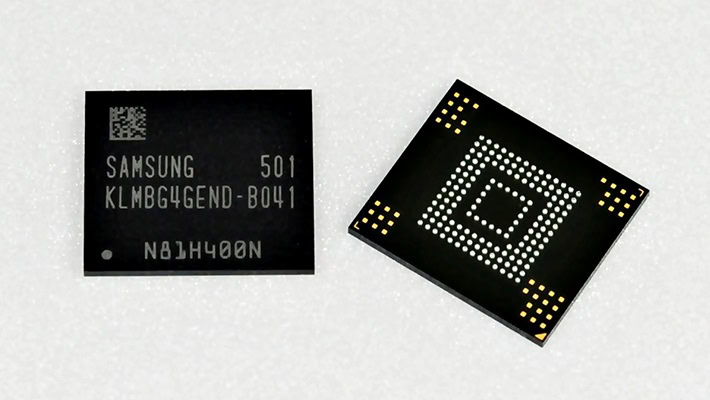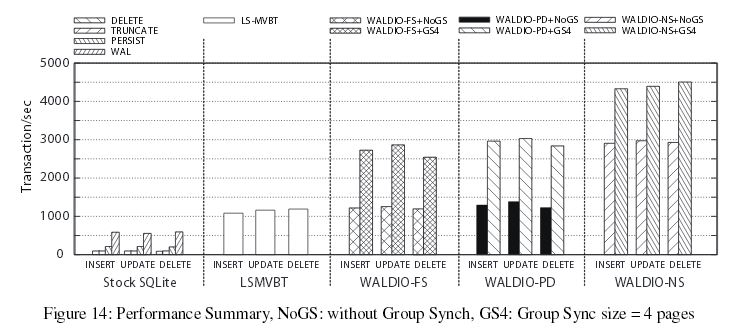Affiliate links on Android Authority may earn us a commission. Learn more.
Korean researchers can prevent flash memory decay and lengthen battery life
Published onJuly 10, 2015

Wouldn’t it be great if our technology didn’t suffer from eventual slowdowns with age? Well, Hanyang University researchers have announced a new technology that could slow down the rate of decay, boost performance and increase smartphone battery life. The technology is named WALDIO, or Write Ahead Logging Direct IO.
The idea all revolves around internal NAND flash memory used for storage. Flash memory has a limited number of write/erase cycles and ages with use. Constant writing eventually results in dead sectors, which slows down the reading and writing process used by all applications. Furthermore, reading and writing to flash is an energy consuming process, so optimizing these type of tasks could increase smartphone battery life.
“This tech will make it possible to use low-priced flash memory for a long time, like expensive flash memory.” – Professor Won You-jip
The problem, as the researchers see it, is related to the SQLite database management system and a number of unnecessary writes to storage within the Android IO stack, which degrades flash memory faster than necessary. The researchers want to dispense with the expensive file system journaling, without compromising the file integrity.
Without the jargon, WALDIO simply records smaller amounts of data to flash memory in order to preserve its lifespan.
WALDIO aims to optimize SQLite IO using block pre-allocation with explicit journaling, header embedding and group synchronisation. You can read all about it in greater depth in the published PDF, but it’s certainly not light reading.

Testing using a Samsung Galaxy S5 revealed a significant reduction in the total IO volume when performing a number of operations. Volume was reduced to around 1/6 of the original size. The test also demonstrated up to 4.6 times faster command performance over the default methods, freeing up time to do other things with the memory. In terms of what this means for us users, our smartphones could operate up to 20 times faster at certain tasks and battery life could be extended by 39 percent or more.
Unfortunately, we don’t yet know if WALDIO could be implemented on existing devices or even if the technology will ever make its way into a commercially available device. The team will be presenting their study at the Usenix Annual Technical Conference in Santa Clara today, and will hopefully grab some attention.